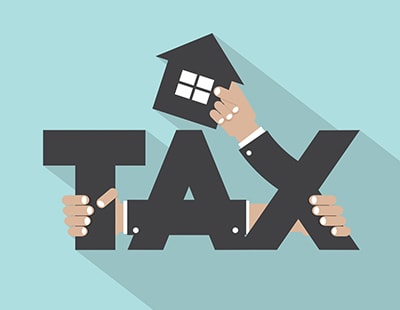
New research on private renting and mental health in Wales has concluded that more support is required.
The research was undertaken for the Chartered Institute of Housing by housing support organisation Tai Pawb and independent researcher Paul Bevan, and draws together the views of support organisations and private landlords on what actions can be taken to better support people living with mental health problems in the private rented sector.
The report found that:
- One in three support organisations feel there is too little mental health support for tenants renting privately;
- Some 62 per cent of landlords have had, or currently have a tenant with a mental health problem;
- Almost half of private landlords felt they ‘never’ had enough support or information to support tenants living with mental health problems;
- Landlords would like to access more information and support;
- Early intervention is key to helping people maintain their tenancy; and
- There are suggestions that people with mental health problems sometimes face discrimination when trying to access private rented sector housing.
CIH Cymru is now calling for the Welsh Government to provide comprehensive information for private rented sector landlords and letting agents regarding local and national mental health support, and wants future licensing through the Rent Smart Wales process to require all private sector landlords to complete a module on mental health issues.
It is also calling on local authorities to develop housing-related support services for people with mental health problems in the private rented sector to support tenants to stay in their own homes, and to refashion services to make them more suitable for tenants living with mental health problems in the private rented sector.
Glenn Page, senior policy and campaigns officer at Mind Cymru, welcomes the CIH study and says: ”Providing adequate and effective services to support landlords and tenants experiencing mental health problems will not only reduce the growing pressure on mental health services; it is a crucial element of providing the sort of holistic mental health support we know is needed for recovery and to stay well."















%20-%20IMAGE%20Client%20Accounting%20%E2%80%93%20what%20are%20your%20options.jpg)

%20(002).png)
.png)
.png)

%20(002).jpg)







Join the conversation
Jump to latest comment and add your reply
Great idea, I have tried that and lost quite a lot of money. You can only do that sort of letting if you have a reliable cash input for all eventualities and which does not rely on rent being paid. The councils can of course just put the rates up. I am not against that in principle but when most of the money goes to funding a large council department .... etc.
Have the policy makers went mad with their power. If they insist on prs to deal with mental health issues, then dont pour the money into mental health organisation. Put it into the prs. we are private individual with limited finance. The local authorities have plenty to go around and instead of sit around making decisions fobbing their responsibilities to others as usual, get up and do something that actually help those with mental issues.
You really expect policy makers and people with money and power to do anything good or helpful with it?
don't be stupid, these people only want to further their own agendas and couldn't give a toss about you
Any tenants with Mental Health issues need to be referred by the Landlord to the Local Authorities Social services for Adult Care. - as they have responsibility.
Landlord are not qualified mental health Counsellor's.
how do you propose that Landlord should know that the tenants have mental health issues? surely their doctors and family and friends are the ones who should do that instead of fobbing the responsibilities to the prs?
Please login to comment